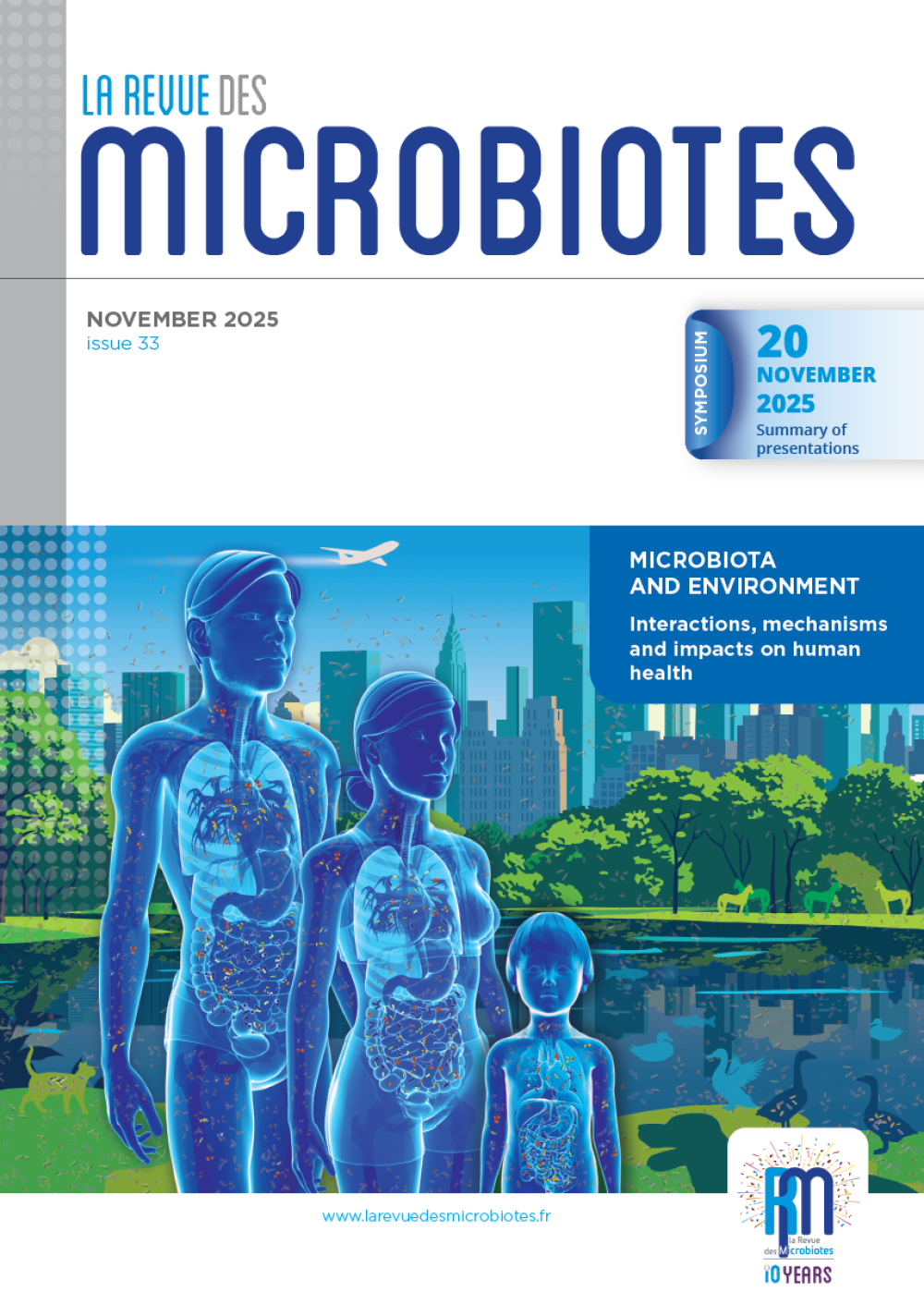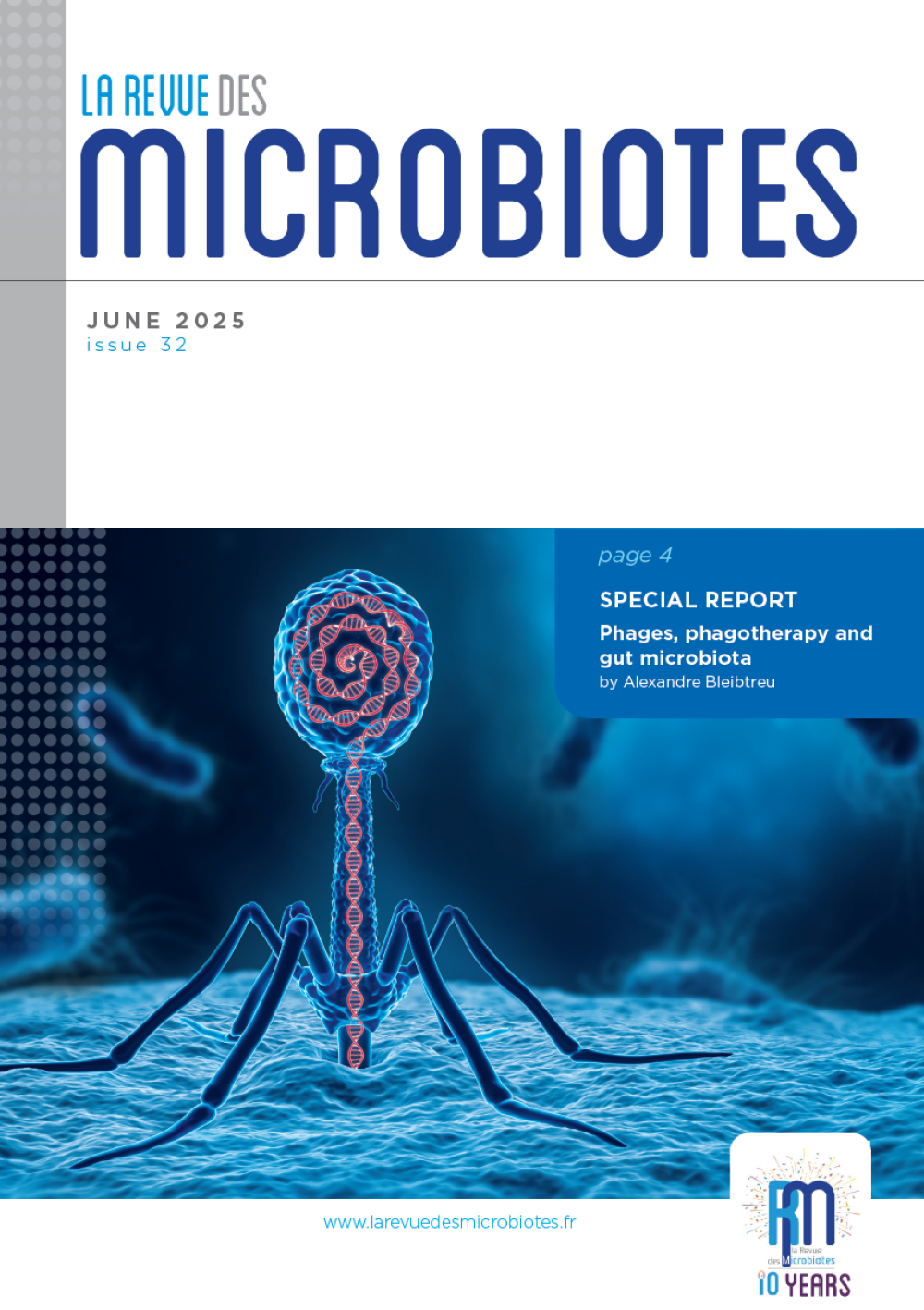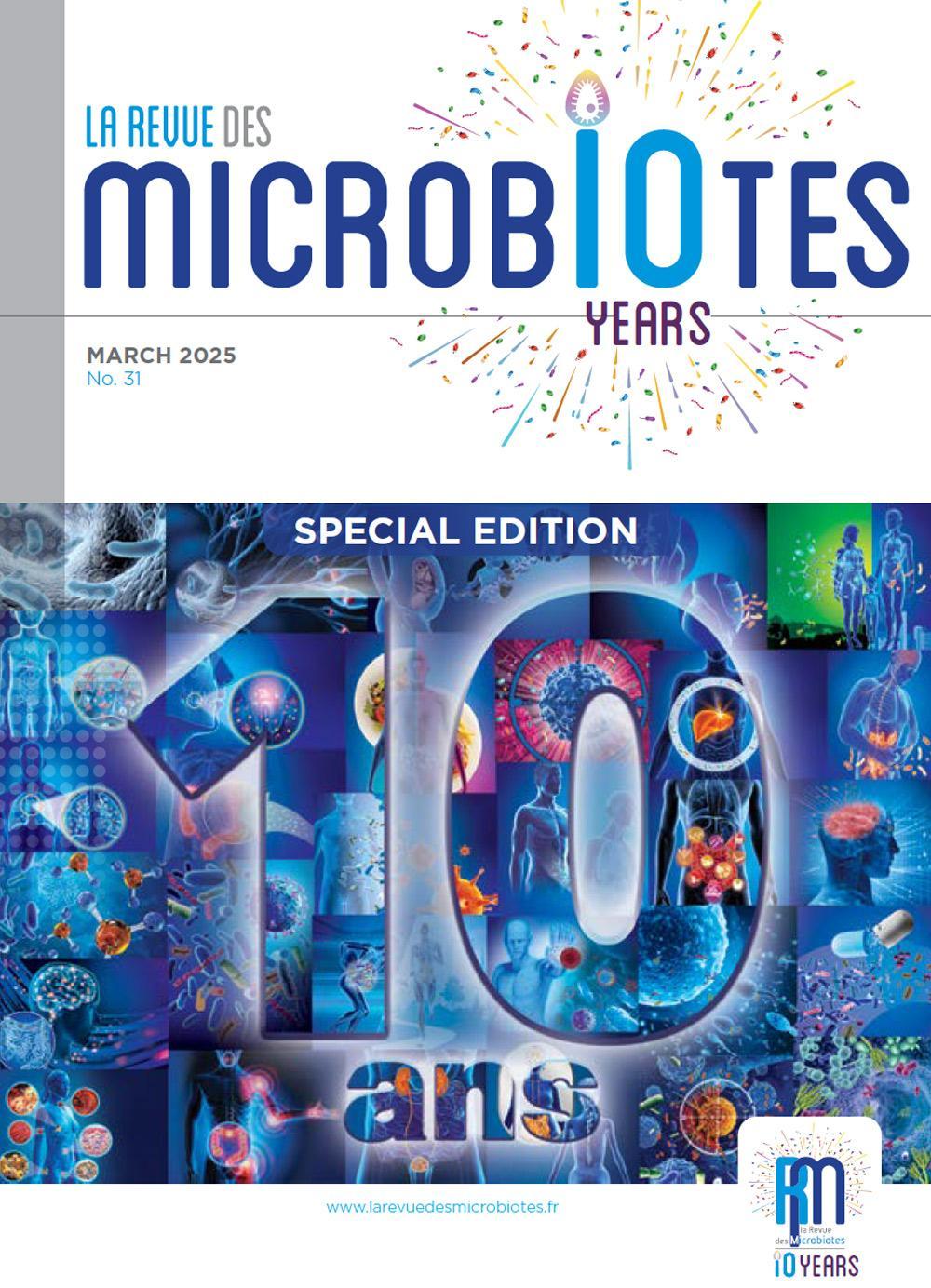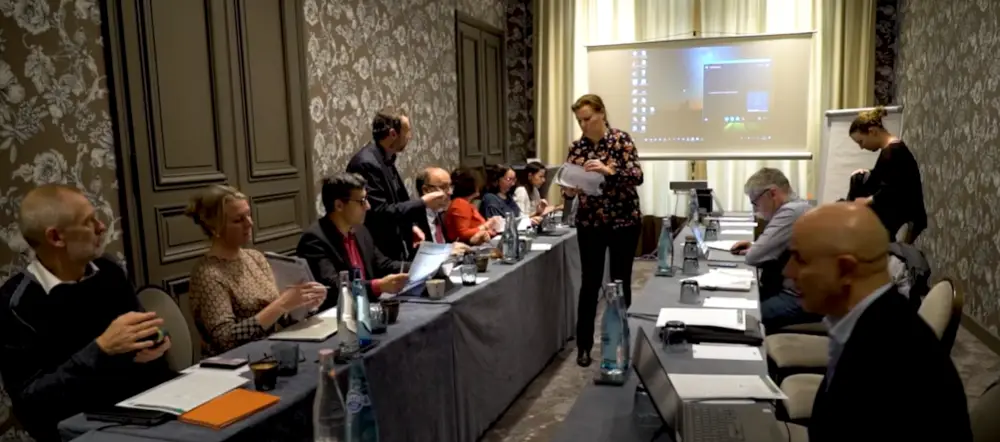Around 1 in 5 couples in France experiences fertility problems. In 75% of cases, an aetiology is found: female, male or mixed causes with a significant proportion of infectious aetiologies. Until recently, the focus has largely been on pathogenic bacteria.
However, in recent years, the study of host-microbiota interactions has led to the discovery of mechanisms directly involving dysbioses in infertility. In particular, the notion of the existence of a continuum between the vaginal microbiota and the cervical and endometrial microbiota has provided a better understanding of the vaginal microbiota’s influence on the female upper genital tract. While it was recognised that vaginal dysbiosis favours colonisation of the upper genital tract with pathogenic bacteria, it is now shown that it also promotes the rise of commensal bacteria with a harmful effect on the endometrial mucosa.
The end of the microbiologically sterile sperm dogma has also changed our view of male fertility. While the composition of "normal" seminal microbiota remains controversial, we know that its alteration changes sperm quality and that once it reaches the vagina, the sperm’s quality can also be disrupted by the action of the vaginal microbiota.
These discoveries shed new light on the causes of infertility and implantation failures with medically-assisted reproduction protocols. The search for female and male genital dysbioses appears to be an increasingly useful exploration for understanding the mechanisms of human infertility, with the prospect of new therapeutic pathways likely to be key.
I hope you enjoy reading this issue.
Jean-Marc Bohbot,
Editor in Chief of this issue
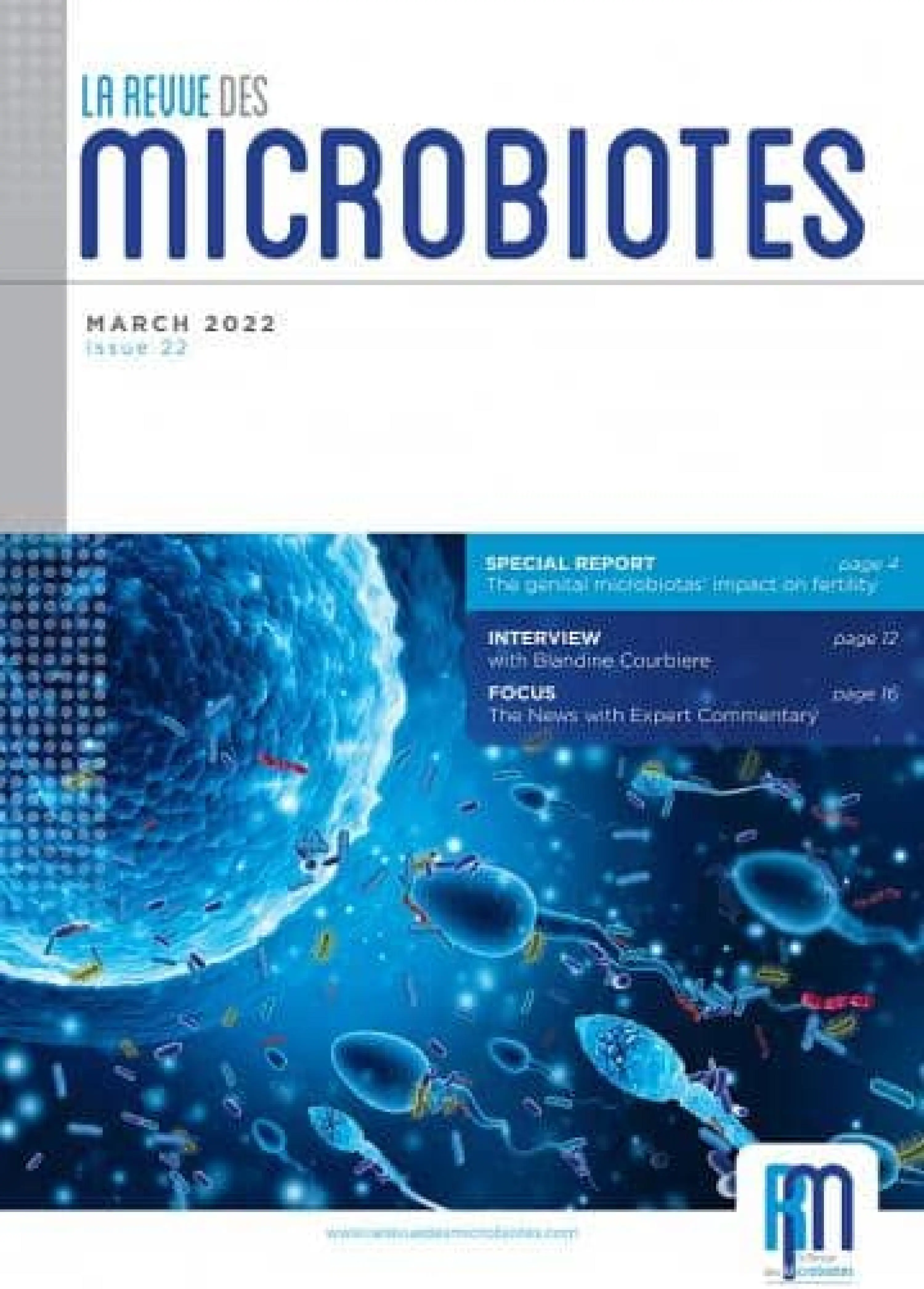
Impact of genital microbiota on fertility
Editoral
Table of contents
Special Report
- The genital microbiotas’ impact on fertilityScientific committee : Jean-Marc Bohbot
- The genital microbiotas’ impact on fertility
Interview
- Blandine CourbiereContributors : Blandine Courbiere
- Blandine Courbiere
In Brief
Microbiota News
- The microgenderome (sex gap or gender gap)Scientific committee : Geneviève Héry-Arnaud
- The microgenderome (sex gap or gender gap)
Focus
- Dermatology : Allowing bacteria to fight each other?Scientific committee : Bruno Pot
- Palaeontology : The microbiota as an aid to palaeomicrobiologyScientific committee : Geneviève Héry-Arnaud
- Environment : The cities also have their own microbiota!Scientific committee : Philippe Gérard
- Gastroenterology : Biofilms: a marker of irritable bowel?Scientific committee :
- Oncology - Cancer screening through blood microbiota analysis: a new paradigmScientific committee : Jacques Amar
- Oncology - Innate immunity in antitumour immune homoeostasis: a new demonstration of the major role of the microbiotaScientific committee : Cyrille Hoarau
- Paediatrics : Compensating for the negative effects of caesarean section on the newborn's gut microbiota: confirmed results for vaginal seedingScientific committee : Alexis Mosca
- Neurology : Gut microbiota: a potential early marker of Parkinson's disease?Scientific committee :
- Dermatology : Allowing bacteria to fight each other?
Taxonomic Reference
Contributors
- Interview
Pr Blandine Courbiere
Clinical-Biological Centre for Medically-Assisted Reproduction - Women-Parent-Child Unit - Hôpital de La Conception, Marseilles.
Scientific committee

Pr Geneviève Héry-Arnaud
PharmD, PhD. Microbiologist, INSERM Mixed Research Unit 1078, Brest University, Brest Regional and University Hospital

Pr Bruno Pot
PhD, Microbiologist, Brussels University

Pr Jacques Amar
MD. Cardiologist, Toulouse University Hospital, Vaiomer scientific consultant, Labège.

Dr Jean-Marc Bohbot
MD, PhD. Infectious disease specialist, Institut Alfred Fournier, Paris

Dr Philippe Gérard
PhD. Microbiologist, Micalis Institute, Jouy-en-Josas

Dr Cyrille Hoarau
MD, PhD. Immunologist and allergy specialist, Interdisciplinary Unit of Clinical Immunology and Allergy Studies, Regional and University Hospital, Tours

Dr Alexis Mosca
MD, Paediatrician, Paediatric Nutrition and Gastroenterology Department, Robert Debré Hospital, Paris








